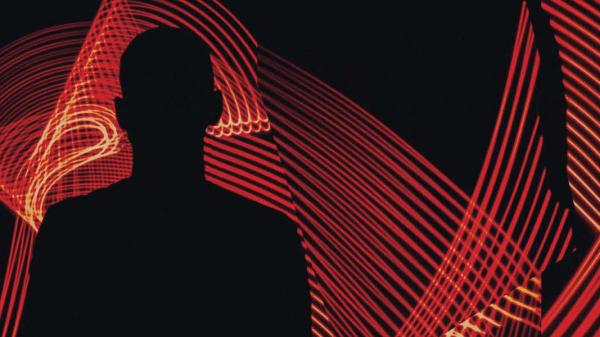Religion, Violence and Digital Culture: Understanding QAnon
Date & Time: Monday, February 15, 2021, 3:30 p.m.
Location: Online, via Zoom
The violent insurrection at the U.S. Capitol on January 6 has brought heightened attention to the QAnon movement, and its role in influencing protesters and fomenting unrest.
In a relatively short time, QAnon conspiracies and calls for violence have moved from the fringes of digital culture to the halls of Congress.
The viral spread of QAnon has torn apart families, communities and our shared sense of public life.
This panel will consider how QAnon situates the allure of conspiratorial thinking within an American and Christian milieu, and what its success can tell us about connections between online networks and real-world violence.
Some key questions include:
- What is QAnon, and to whom has it appealed?
- To what extent is QAnon a Christian or religious movement?
- How and why has QAnon resonated with people outside of the United States?
- What does its spread tell us about how truth and knowledge claims are formed in a digital age?
- How can theoretical insights from religious studies contribute to a fuller understanding of movements like QAnon, as well as inform public and social media policies with respect to them?
Panelists:
• Candace Rondeaux is professor of practice and senior fellow with the Center on the Future of War, a joint initiative of ASU and New America. With an extensive background in documenting and analyzing political violence, she founded RESOLVE, a research network focused on finding solutions to violent extremism based at USIP, and writes a weekly column for "World Politics Review".
• Sarah Riccardi-Swartz (PhD, New York University) is a postdoctoral scholar with the Recovering Truth project at the Center for the Study of Religion and Conflict. A sociocultural anthropologist, she specializes in American religion and politics, with a focus on hybrid conservatism, right-wing religious communities, fundamentalism and traditionalism, and religious and political tensions between Russia and the U.S.
• Adam Darrah currently serves as director of intelligence at Vigilante, a cybersecurity firm. Before moving to private industry, Darrah spent eight years working for the U.S. government coordinating across several federal agencies to fill critical knowledge gaps on national security priorities, where he developed a specialization in Central Eurasian political, security and intelligence issues.
• James Edmonds is a doctoral candidate in ASU’s School of Historical, Philosophical and Religious Studies. With a focus on Southeast Asia, his research addresses questions of ethical formation in Western, Indonesian and Islamic understandings of religion. He has also studied extremist and counter-extremist movements, and currently works as a cybersecurity analyst focusing on threat research and data.
Moderator:
• Jason Bruner (PhD, Princeton Theological Seminar) is associate professor in ASU’s School of Historical, Philosophical and Religious Studies specializing in the study of Christianity in Sub-Saharan Africa, Europe and the U.S. His most recent books include, "Imagining Persecution: Why American Christians Believe There is a Global War Against Their Faith" (2021), and a co-edited volume, "Global Visions of Violence: Agency and Persecution in World Christianity" (forthcoming).
This event is sponsored by the Center for the Study of Religion and Conflict and co-sponsored by the School of Historical, Philosophical and Religious Studies and the Center on the Future of War in the School of Politics and Global Studies.
